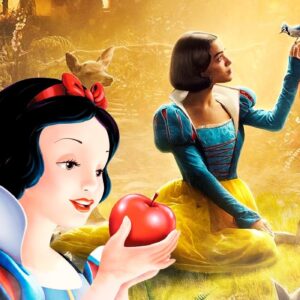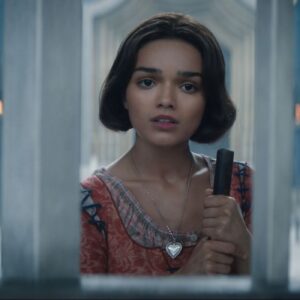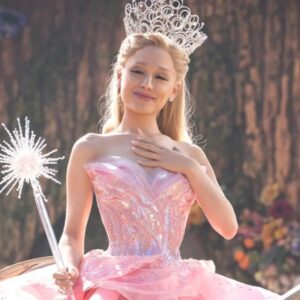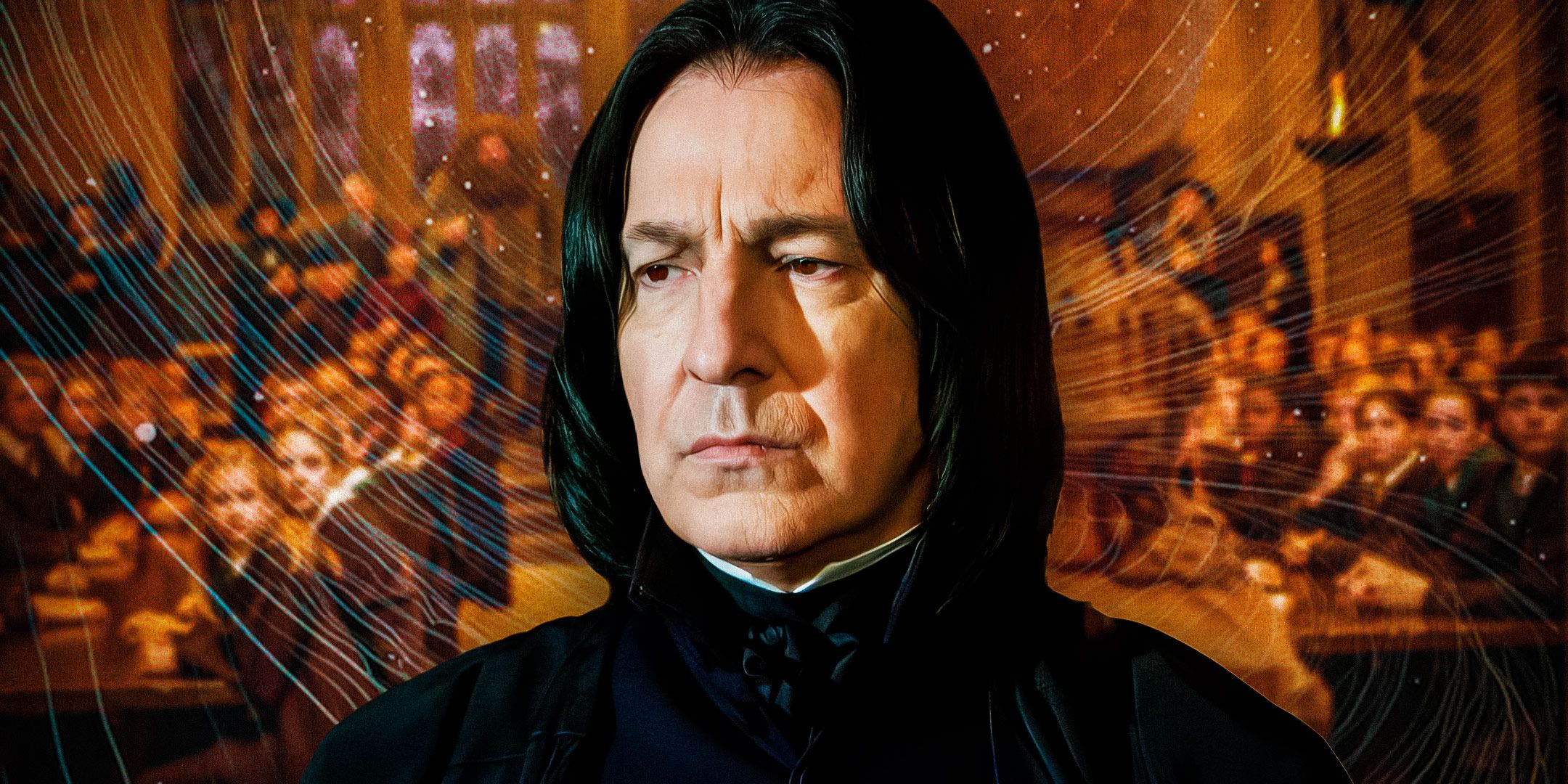 HBO’s Harry Potter will offer a different interpretation of the books than the previous movies, and that can include a more direct Snape adaptation. With Warner Bros. wanting to capitalize on their most marketable titles, a Harry Potter TV series was always going to be inevitable, given HBO’s success with Game of Thrones. Addicting fantasy shows are what every streaming service wants in their library in the 2020s, and a fresh adaptation of one of the best-selling book series of all time is guaranteed to generate interest.
HBO’s Harry Potter will offer a different interpretation of the books than the previous movies, and that can include a more direct Snape adaptation. With Warner Bros. wanting to capitalize on their most marketable titles, a Harry Potter TV series was always going to be inevitable, given HBO’s success with Game of Thrones. Addicting fantasy shows are what every streaming service wants in their library in the 2020s, and a fresh adaptation of one of the best-selling book series of all time is guaranteed to generate interest.
The Harry Potter book series was adapted into an eight-film series throughout the 2000s, making it one of the highest-grossing franchises of all time, not to mention one of the most beloved. Though some of the movies are over two decades old, they still have astounding re-watch value and are finding new viewers constantly. With all that in mind, the prospect of a TV show has received a divisive response, though one benefit to the idea is that longer runtimes will allow more in-depth explorations of each novel and chances to offer accurate interpretations of various characters.
Harry Potter’s TV Remake Shouldn’t Make Snape As Likable As The Movies Do
Alan Rickman Helped Make Snape A Sympathetic Character
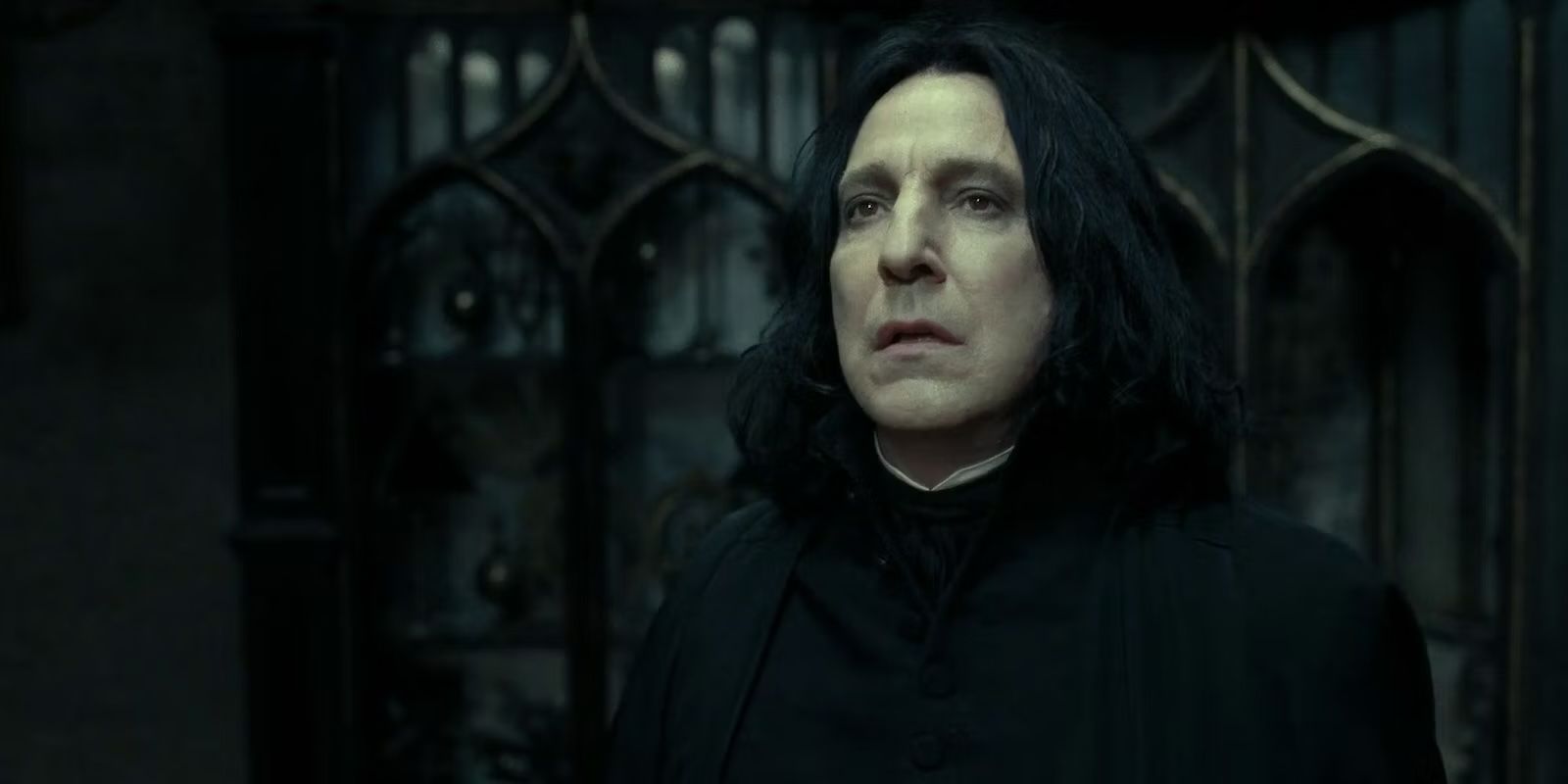
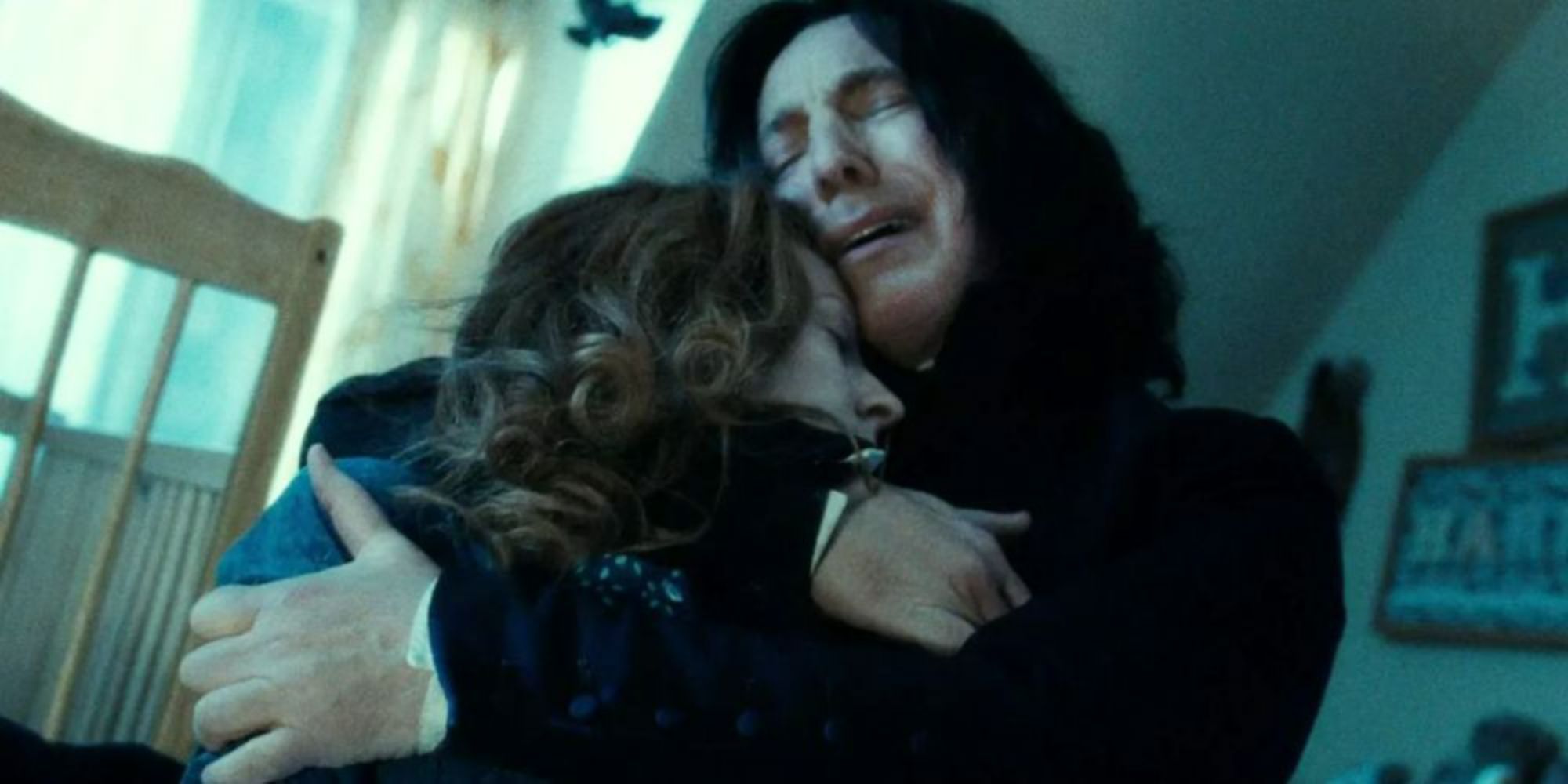
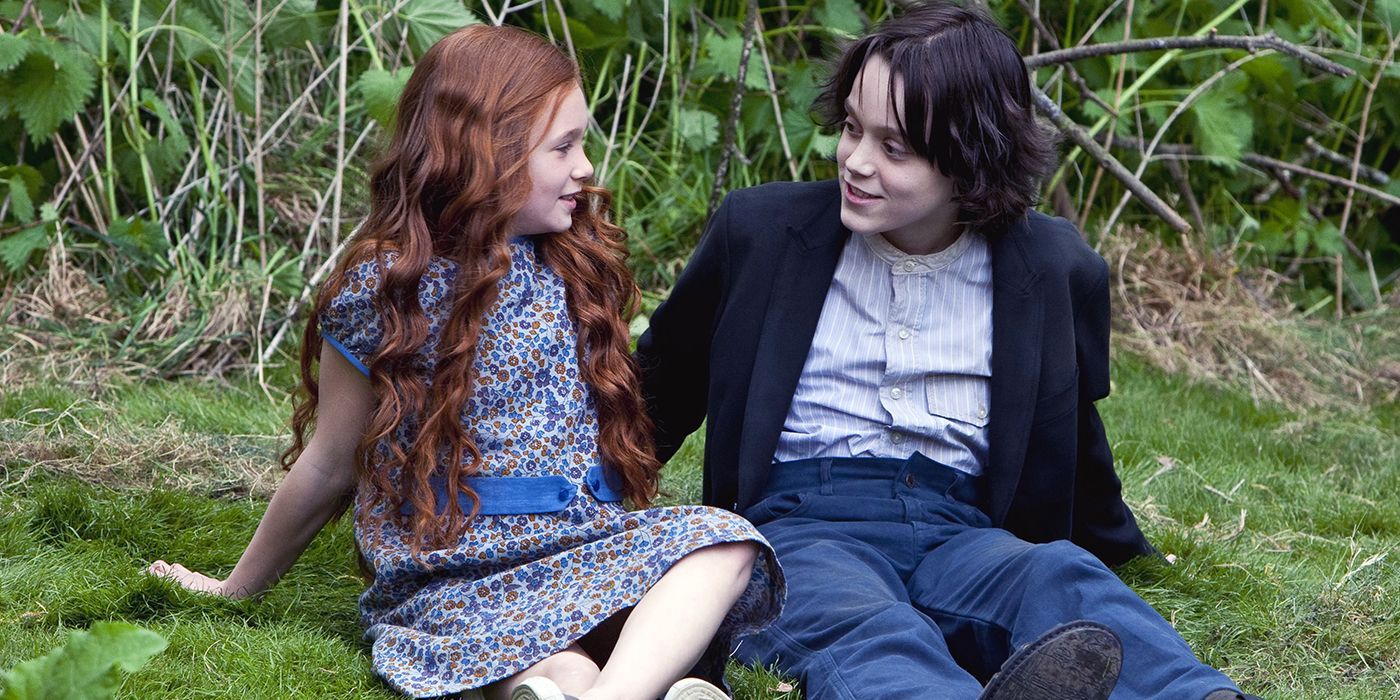
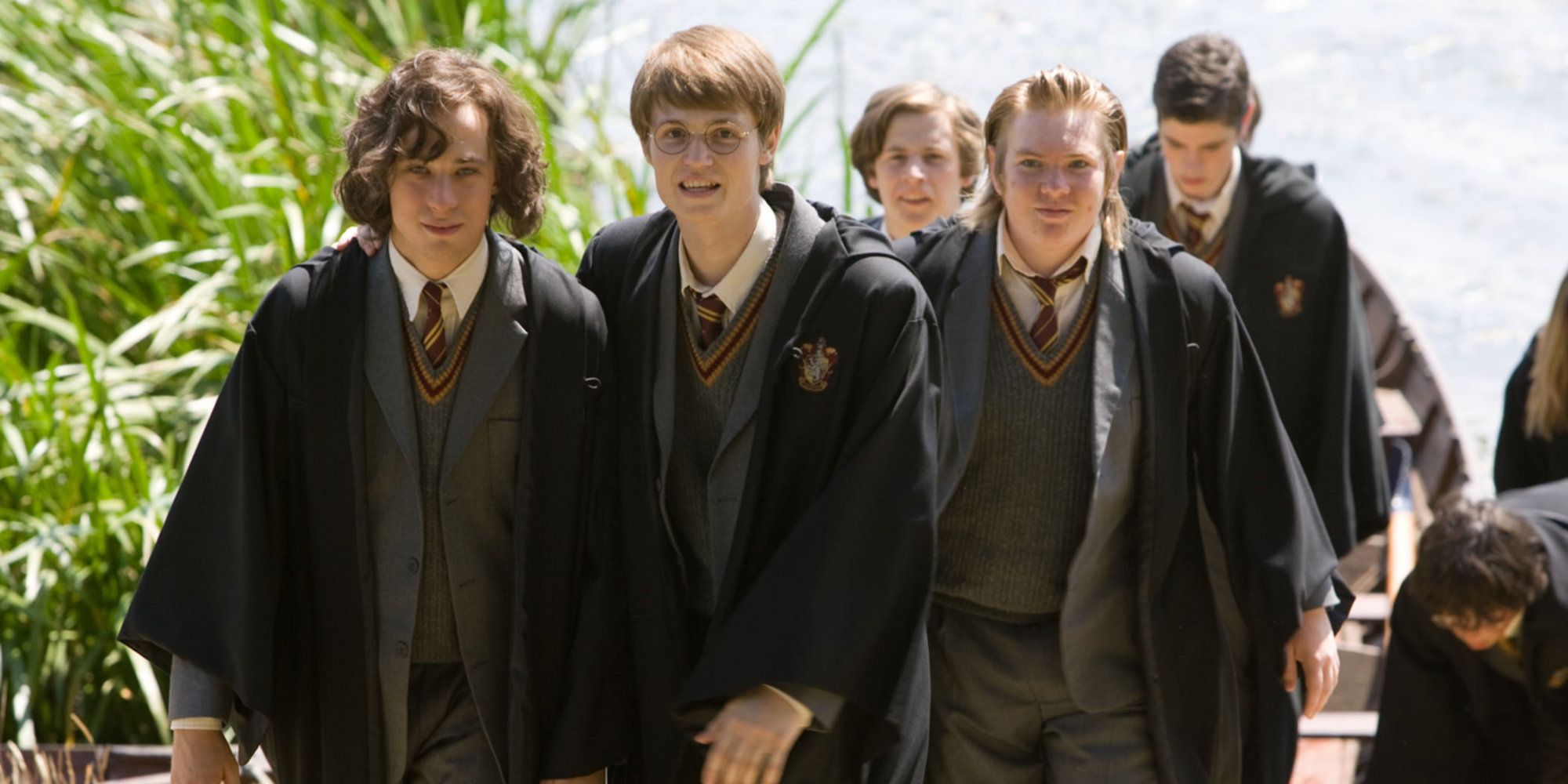
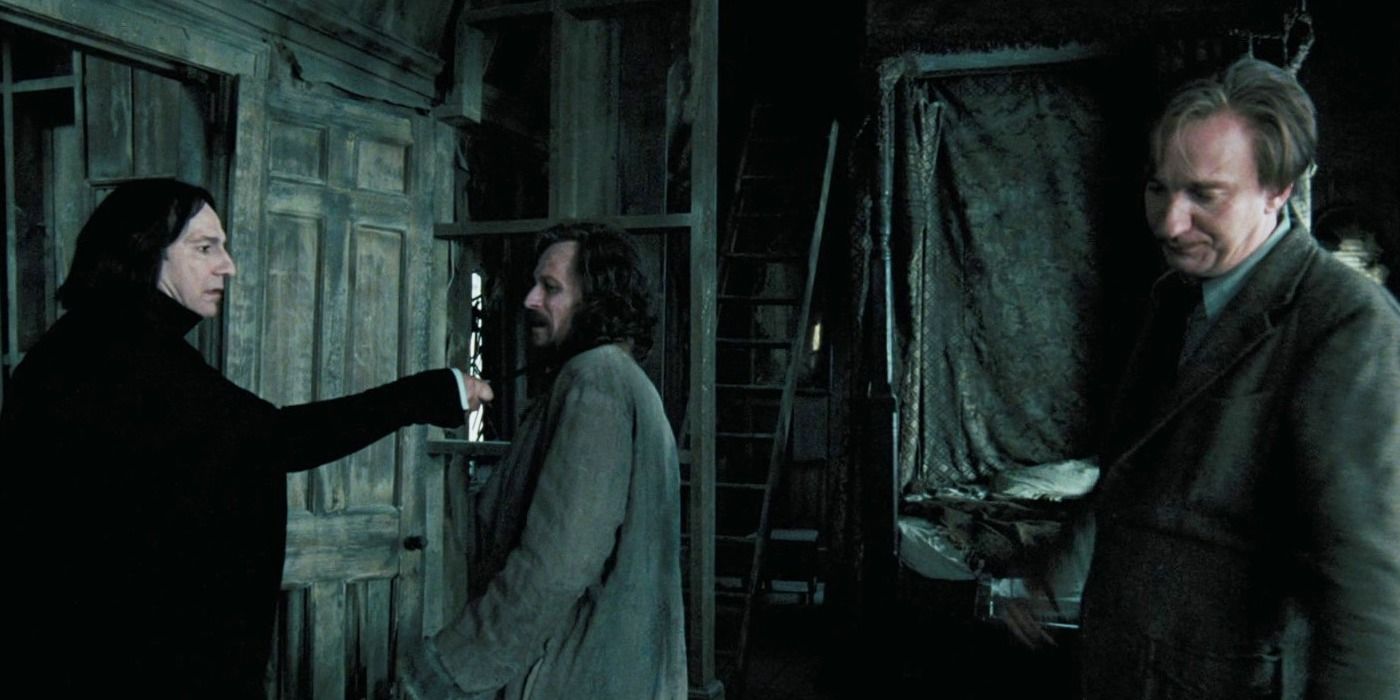





The late great Alan Rickman played Severus Snape in all eight Harry Potter films, and in a franchise filled with iconic characters, he’s arguably at the top. Simply put, Snape is an unforgettable figure, the film series’ most complex character, and Alan Rickman gives the most astounding performance in the series. Even though he teeters back and forth between good and bad throughout the series, Rickman’s performance makes the character compelling and ultimately sympathetic, which is debatable in the book series.
The Harry Potter TV remake is expected to embrace the source material, and having an almost precisely accurate version of Severus Snape is a great step. This version might not end up being as beloved as Alan Rickman’s, possibly even having a reputation closer to Imelda Staunton’s Dolores Umbridge, but it would offer a darker and more adult version that resembles the text. Given that it’s HBO and that Harry Potter has an enormous adult audience, fully embracing the maturity of the books would be terrific.
The Harry Potter Movies Downplayed The Dark Side Of Snape’s Book Character
Snape’s Darker Qualities Define His Character
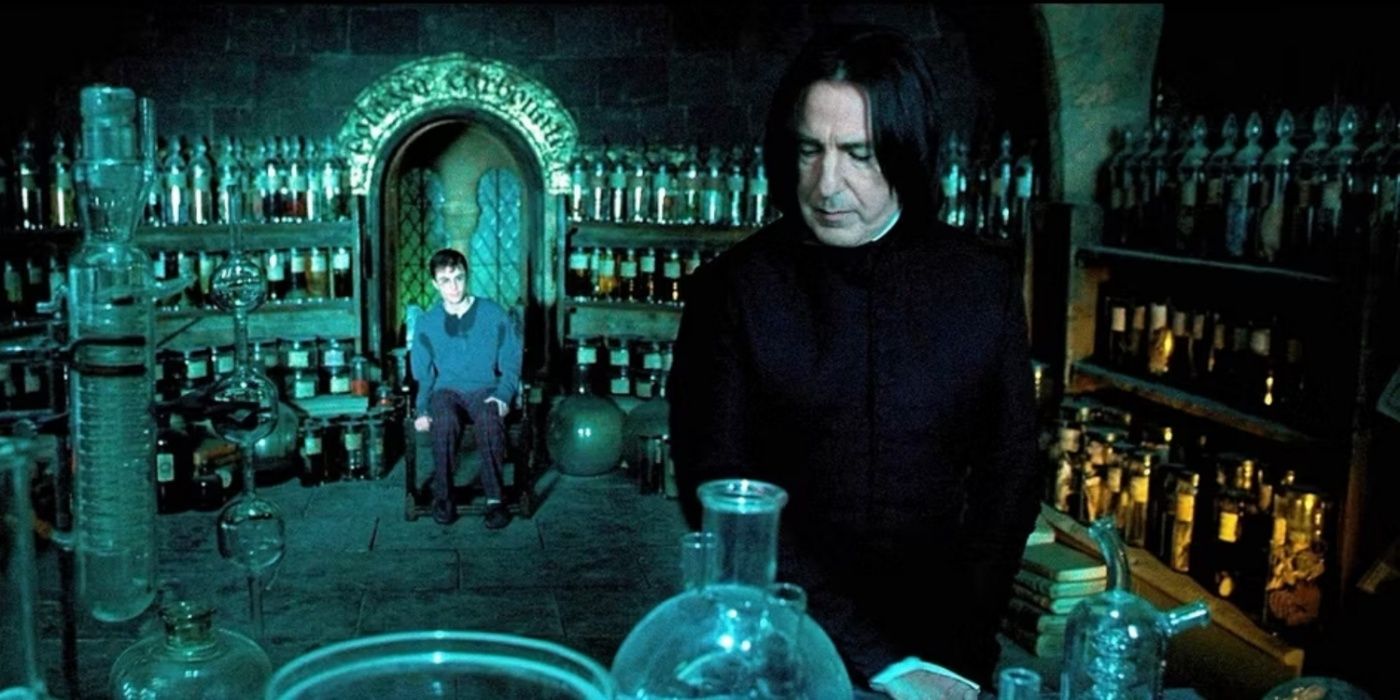
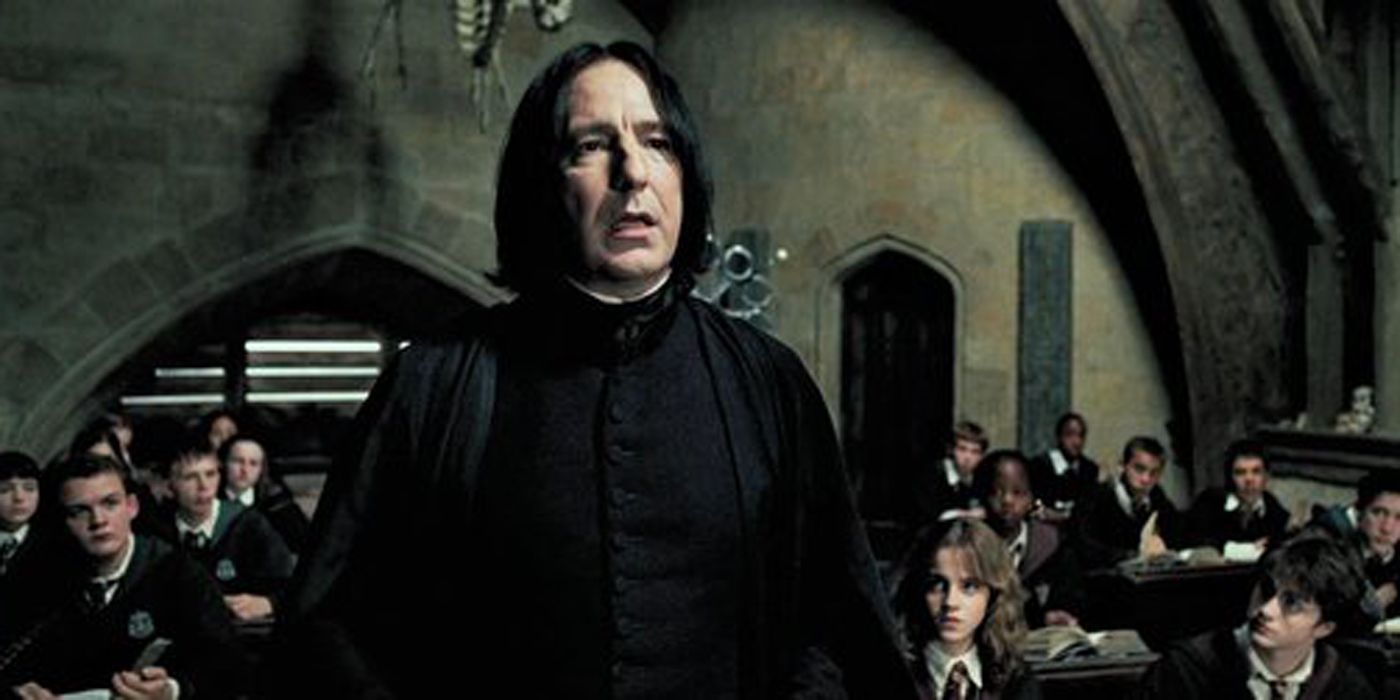
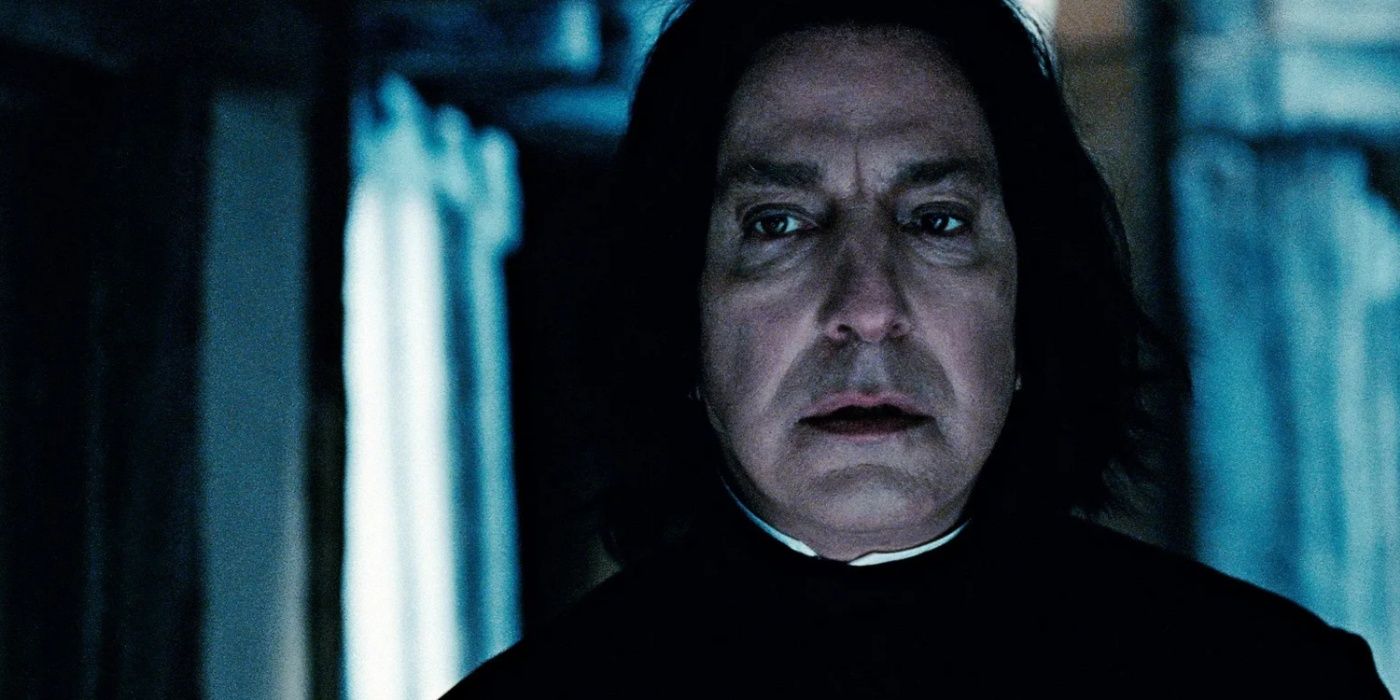
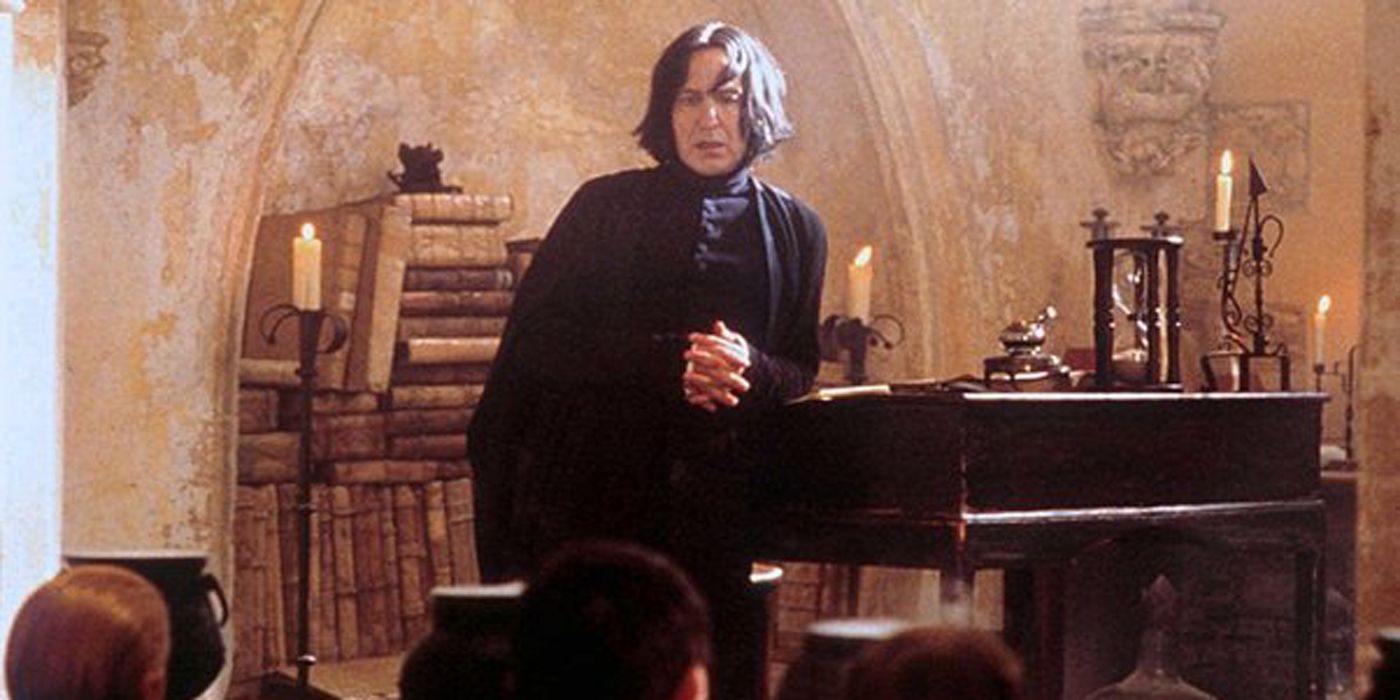
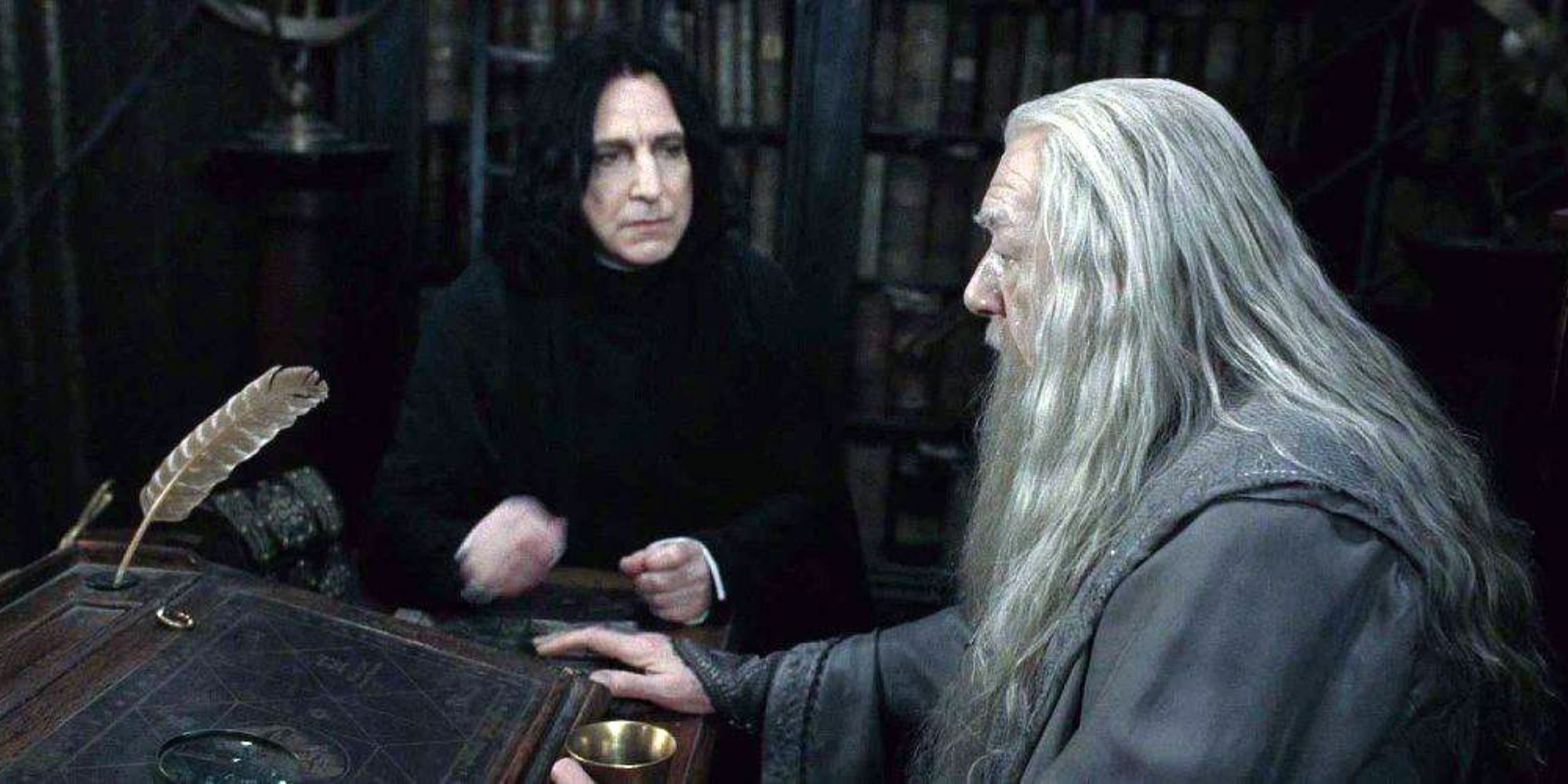





The film series paints James Potter as Snape’s bully and acts as if James somehow stole Lily from him and made off, living an undeserved happy life. However, they leave out why Lily Potter stopped associating with Snape in the first place, which was that he was actively participating in groups who discriminated against Muggle-borns, and he took an interest in the Dark Arts. On top of that, there are several moments of him being a harsh and cruel professor that are downplayed in the movies.
It doesn’t matter if one loves him or hates him; the debate is what matters. The debate is ongoing and causes the reader to think about his actions and why they matter.
HBO’s Harry Potter Show Should Lean Into The Complexity Of Its Characters
The HBO Adaptation Can Be Geared Toward More Mature Audiences
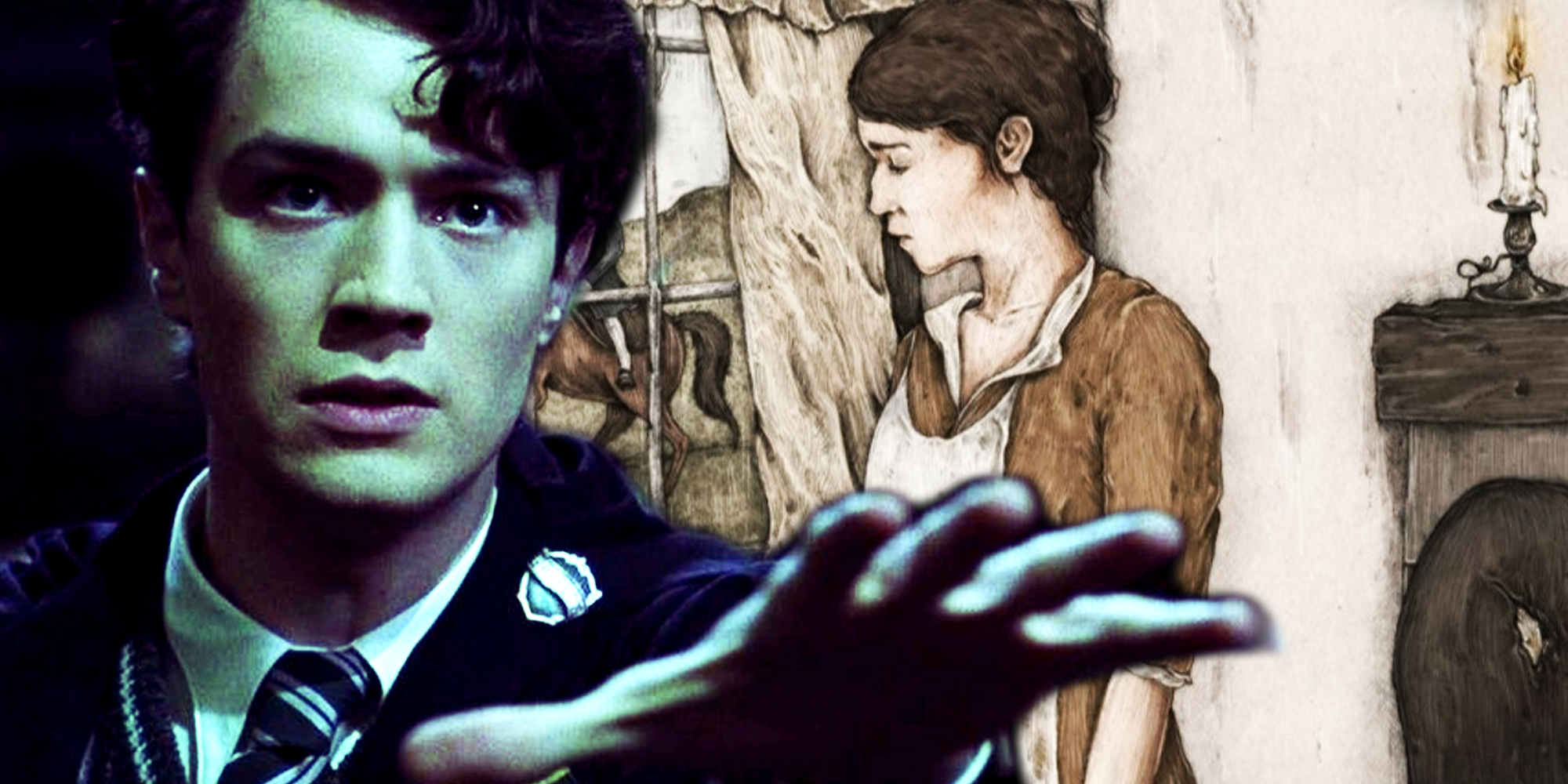
As mentioned earlier, the HBO Harry Potter adaptation should be allowed to pursue the maturity and complexity of the Wizarding World in ways the movies never could. Beyond just Snape, consider how many characters and actions were toned down for the sake of making the films family-friendly. Dolores Umbridge and the Dursleys were terrible, but some of their worst acts were stripped from the material. The history of Voldemort’s family, the Gaunts, is possibly the darkest material Rowling wrote, and it’s never mentioned in the movies. The movies offer fairly complex explorations into several iconic Harry Potter characters, but there’s plenty of room for more in a TV show. HBO is reportedly planning ten seasons for the show, meaning a significantly longer run time than the films and plenty of time to explore characters further. There’s such fantastic material that the movies never even touched the surface of, and Snape’s behavior is one of the best places to start. Having characters who can’t specifically be placed in “good” or “bad” is often a cause for great television.
